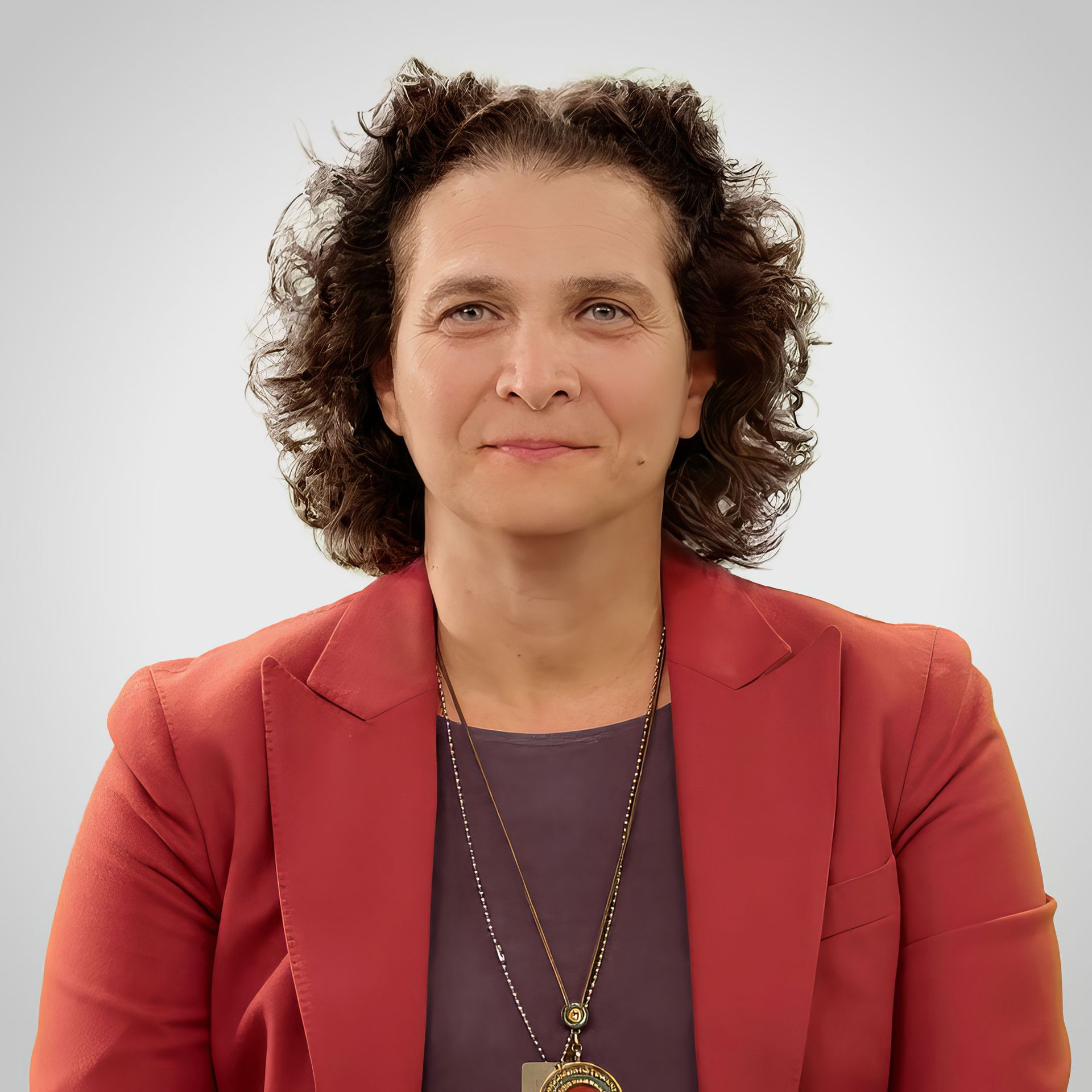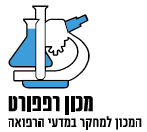
Prof. Karine Nahon
Women Generating Change following Oct 7th
Professor Karine Nahon researches various questions relating to power dynamics in the information age and their impact on society, politics, and democracy. She is an information scientist, lecturer, and public activist in the field of politics of information. She heads up the Data, Government and Democracy Track at the School of Government at Israel’s Reichman University. This is the first interdisciplinary program of its kind in Israel, designed to train public service leadership in the information age. Nahon is also a senior faculty member at Reichman University’s School of Communication after previously holding a tenured position at the University of Washington’s School of Information, where she founded and led the Center for Information and Society and a research group on information virality. Nahon has published over fifty studies in prominent venues, and her book Going Viral, which examines the impact of information virality on society, has won various awards, including the International Information Association Award.
On October 7, Professor Nahon, one of the leading figures of the protest against the attempted regime coup in Israel, co-established the Civilian War Room alongside other leaders. This became one of the most significant infrastructures of civil society in Israel during the months following October 7. Together with Ari Harel and Dan Halutz, she established and managed the Missing Persons and Hostages Array in the Civilian War Room.
The Missing Persons Array provided critical information about the abductees and missing persons, and became one of the main bodies supplying intelligence to the security system and government authorities regarding the status of the missing, whether abducted, injured or deceased. At its peak the array had 1500 volunteers divided into 26 desks according to various areas of expertise. For a month they worked around the clock to determine the fate of each missing person using AI and advanced technologies, and by manually analyzing and cross-referencing information.
Professor Nahon is involved in shaping national and international strategic information policies, and is a prominent voice in the public discourse on society, democracy and technology. Among other roles, she has served as President of the Israel Internet Association, the head of the National Subcommittee on Ethics, Regulation and Artificial Intelligence, and a member of the Ministry of Communications Committee for Digital pPlatform rRegulation; she, has represented Israel on the UN Science and Technology for Development Committee, and was a member of the National CIO (Chief Information Officer) Cabinet and a member of the Beinisch cCommittee which examined the election law (propaganda means). She is one of the founders of the Israel Privacy Association and the Digital Rights Movement. Additionally, she previously served on the board of directors of the Public Knowledge Workshop, the Movement for Freedom of Information, and Wikimedia Israel. Nahon was selected as one of the 100 most influential people in Israel by The Marker, and one of the 50 most influential women in Israel by Forbes.



